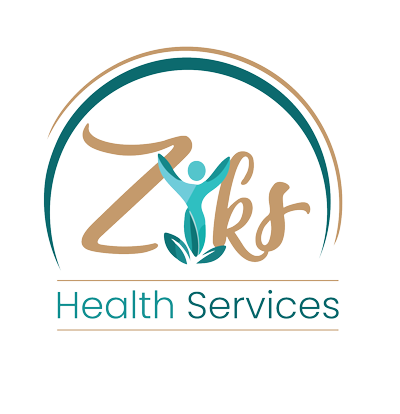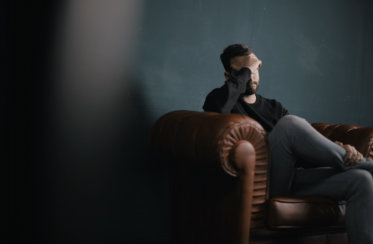Depression and anxiety can occur simultaneously. In fact, it’s been estimated that almost 45 percent of people thought of having one mental health condition meet the criteria for possibly two or more disorders. One study also found that people with either depression or anxiety have the other disorder as well.
Although both disorders have their own causes, they may share similar symptoms and treatments. Anxiety and depression shouldn’t be taken lightly as if left unchecked; they could lead to anger issues, restlessness and even suicide. Continue to read to learn more about these disorders, their symptoms and their possible treatment.
Depression
Everyone feels sad, upset or down, and it is completely normal to feel so, but the feeling becomes concerning when you continue to feel the same way for several days or weeks.
Common behavioral changes and physical symptoms caused by depression include:
- difficulty in making decisions, concentrating or recalling
- chronic fatigue, decreased energy or feeling sluggish frequently
- aches, pain, cramps, or gastrointestinal problems without any apparent cause
- hypersomnia, insomnia or waking up early
- changes in appetite or weight
Emotional symptoms of depression include:
- persistent feelings of anxiety, sadness or emptiness
- no longer finding joy in activities or hobbies of daily life
- irritability, anger, or restlessness
- feeling hopeless or pessimistic
- thoughts of death or suicide
- feeling guilty or experiencing feelings of helplessness, or worthlessness
- suicide attempts
Anxiety
Anxiety is the feeling of worry and fear that can happen to anyone from time to time. It’s common and perfectly normal to experience anxiety before making an important decision or anticipating a big event in your life.
But, chronic anxiety can be debilitating and often leads to irrational thoughts and fears that could interfere with your daily life.
Common behavioral changes and physical symptoms caused by Anxiety disorder include:
- feeling fatigued easily
- muscle tension
- difficulty concentrating or recalling
- grinding teeth
- racing heart
- unsatisfying sleep, sleep difficulties, including problems falling asleep
Emotional symptoms of anxiety include:
- difficulty controlling worry or fear
- irritability, restlessness, or feeling on edge
- panic
- dread
Treating Depression and Anxiety Disorders
Often anxiety disorder and depression can be treated similarly. The two main modes of treatment remain the SSRI’s (selective serotonin reuptake inhibitors) and CBT (cognitive behavioral therapy). In most cases, a therapy session can be tailored to an individual so that it helps and works to reduce the symptoms of both disorders.
Several forms of psychotherapy are also effective. We would recommend Outpatient Treatment for Depression and Anxiety. It works to replace all the negative and unproductive thought patterns with more optimistic, realistic and useful ones. These treatments primarily focus on taking precise steps to overcome anxiety disorders and depression. Treatment often includes facing one’s fears as part of the trail to recovery. Problem-solving and interpersonal therapy are also effective.
No one should live with unusual thoughts, feelings or any other symptoms of either anxiety or depression. Talk to your doctor today or visit Ziks Health Services, where we provide consistent quality care with Telepsychiatry and Outpatient Services that guarantee to make you feel yourself again.

